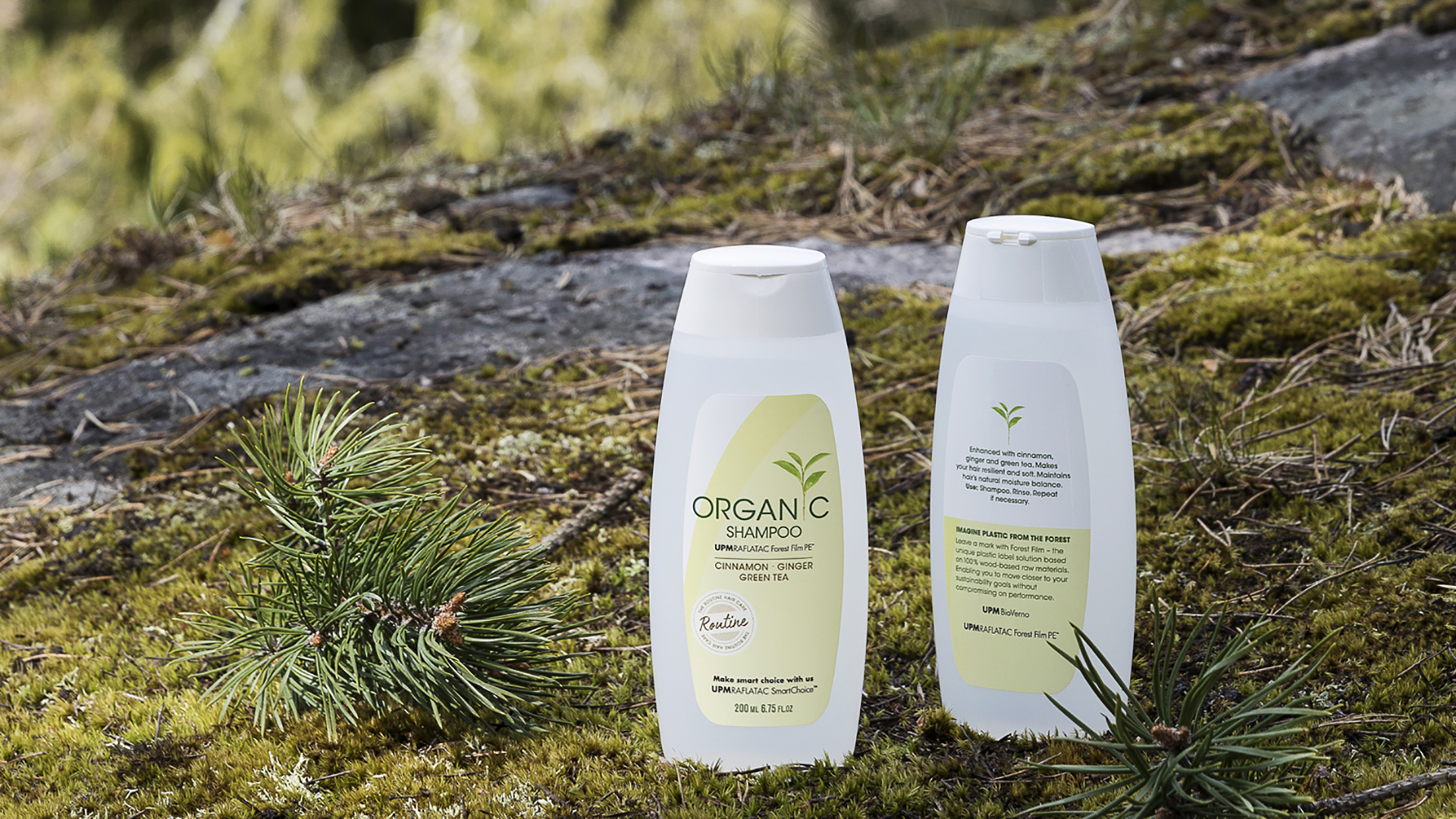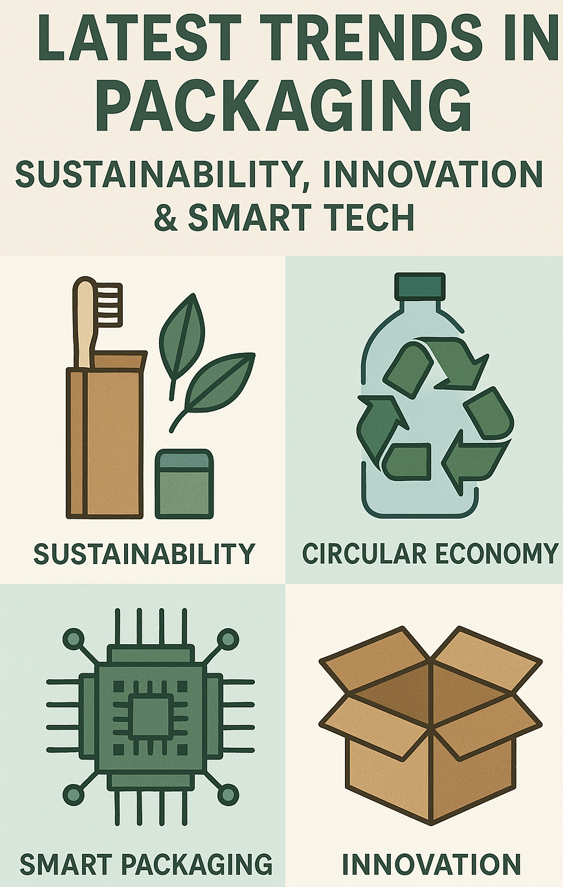
“We want to bring value to our clients by offering a wide variety of sustainable alternatives to choose from. Examples of these include UPM Raflatac Forest Film PE and PP, the first wood-based film label materials on the market, and UPM Raflatac PP PCR manufactured from post-consumer recycled (PCR) plastic,” says Timo Kekki, Vice President, Films SBU UPM Raflatac. “As one of the signatories to the Ellen MacArthur New Plastic Economy initiative we will continue driving the industry forward by innovating products that reduce the use of nonrenewable virgin raw materials.” The Forest Film PE label material is produced in collaboration with UPM Biofuels and Dow. UPM Biofuels provides the 100 percent wood residue-based raw material UPM BioVerno naphtha, which is then processed by Dow into bio-based plastic granules to be extruded into label film. “This new product shows the versatility of UPM BioVerno as a raw material. Crude tall oil, a residue of paper pulp production, is transformed into UPM BioVerno naphtha, which can be used as raw material for different kinds of plastics that helps brand owners meet their sustainability goals in packaging,” says Panu Routasalo, Vice President, UPM Biofuels. Forest Film PE starts UPM’s collaboration with Dow in labeling applications. Last year Dow announced the commercialization of bio-plastics offerings for the packaging and labeling industry made from a bio-based renewable feedstock. Dow integrated the wood-based UPM BioVerno naphtha – a key raw material used to develop plastics – into its slate of raw materials, creating an alternative source for plastics production. Dow uses this feedstock to produce different types of bio-based polyethylenes (PE). “Forest Film PE is another step in the right direction for sustainability in packaging. UPM is a world leader in sustainable biofuels and we are working together to accelerate the move towards sustainable plastics. This new film label material helps customers and consumers reduce the reliance on fossil fuels and therefore reduces the carbon footprint in the entire value chain. At the same time the bio-based PE label materials have exactly the same performance as fossil-derived ones, and they do not have an impact in the recyclability of the final package, when used in HDPE bottles for home and personal care products”, adds Carolina Gregorio, Biobased project leader at Dow. The Forest Film product range has an International Sustainability & Carbon Certification (ISCC PLUS). It is produced using sustainable bio-feedstock, replacing the equivalent amount of fossil resources used in the production process, using a mass balance approach, accounting for the amount of sustainable resources.







